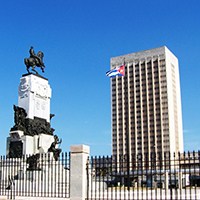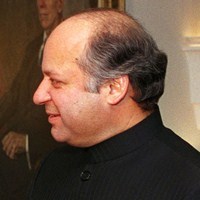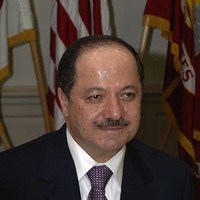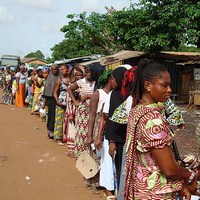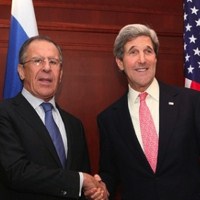
The people of Spain are now living through the fifth year of a deep economic recession, experiencing a level of unemployment that would have seemed utterly inconceivable in the decades before the bottom fell out. Government measures and European Union prescriptions find little popular support. But despite countless protests and furious debate, the Spanish are becoming disillusioned with all the options before them. As the recession lingers and the hardships intensify, the answer increasingly is “none of the above.” For the unloved government, the apparent lack of appealing alternatives is the most tangible reason for solace. In contrast to the […]

